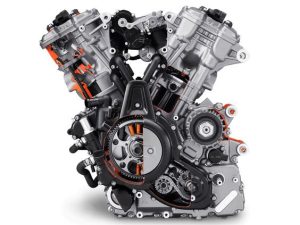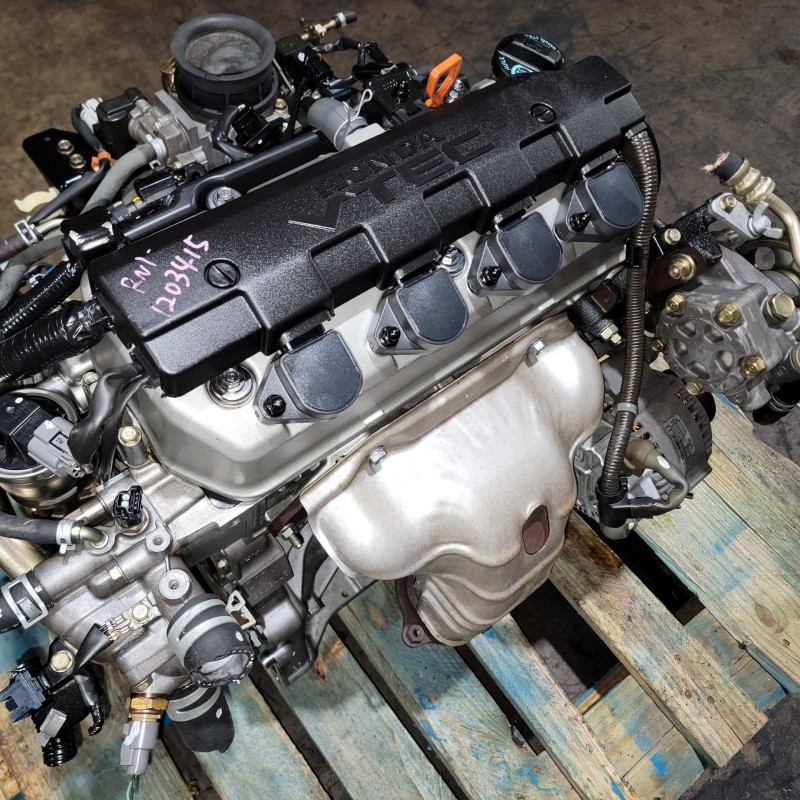The engine is the heart and soul of a vehicle. It’s responsible for converting fuel into power, propelling you down the road. But engines, like any other machine, can wear down over time. When faced with engine trouble, a common question arises: should you rebuild the engine or replace it entirely?
This guide dives into the world of engine rebuilds, exploring the factors that influence the cost, the pros and cons of rebuilding versus replacing, and ultimately, helping you decide the most cost-effective solution for your specific situation.
Understanding Engine Rebuilds: A Breakdown of the Process
An engine rebuild involves disassembling the engine block, cleaning and inspecting all components, and replacing worn-out or damaged parts. Depending on the extent of the damage and the complexity of the engine, a rebuild can be a complex and time-consuming process. Here’s a simplified breakdown of the typical steps involved:

- Engine Disassembly: A mechanic will meticulously disassemble the engine, removing all components like pistons, cylinders, crankshaft, and valves.
- Inspection and Cleaning: Each component is thoroughly cleaned and inspected for wear and tear. Damaged or worn-out parts are identified for replacement.
- Machining (if necessary): Depending on the condition of the engine block and cylinder heads, machining work might be required to restore tolerances and ensure proper operation. This can involve tasks like honing cylinders or resurfacing the head.
- Parts Replacement: Worn-out components are replaced with new parts. The quality of replacement parts used – genuine OEM (Original Equipment Manufacturer) parts or high-quality aftermarket parts – can significantly impact the overall cost.
- Reassembly and Adjustments: The engine is meticulously reassembled, following proper torque specifications and clearances. Adjustments are made to ensure optimal performance.
Unveiling the Price Tag: Factors Affecting Engine Rebuild Costs
The cost of rebuilding an engine can vary significantly depending on several factors:

- Engine Type: Rebuilding a complex, high-performance engine will naturally cost more than rebuilding a simpler, smaller engine. The number of cylinders, presence of features like turbochargers or superchargers, all influence the labor involved and parts required.
- Extent of Damage: The more extensive the engine damage, the more parts will need replacing, and potentially, the more machining work required. A simple rebuild with minimal part replacements will be less expensive than a complete overhaul addressing significant internal damage.
- Labor Costs: Labor rates vary depending on your location and the experience level of the mechanic. Generally, dealerships tend to have higher labor rates compared to independent repair shops.
- Quality of Parts: Using high-quality, genuine OEM parts will result in a more reliable rebuild but will also be more expensive compared to using aftermarket parts. However, using lower-quality parts might lead to premature failure and potentially additional repair costs down the road.
Rebuild vs Replace: Weighing the Options
While an engine rebuild can be a cost-effective way to restore an engine’s performance and longevity, it’s not always the most suitable option. Here’s a comparison to help you decide:

Engine Rebuild:
- Pros:
- Generally less expensive than a complete engine replacement.
- Maintains the original engine, potentially preserving the vehicle’s value.
- Allows for performance upgrades during the rebuild process (e.g., replacing stock components with higher-performance parts).
- Cons:
- Can be a time-consuming process, leaving your vehicle out of commission for an extended period.
- The final cost can be unpredictable, especially if unforeseen internal damage is discovered during disassembly.
- The rebuilt engine might not perform or achieve the fuel efficiency of a brand new engine.
Engine Replacement:
- Pros:
- Quicker turnaround time as a replacement engine can be installed in less time than rebuilding the existing one.
- Known quantity – a new engine comes with a warranty and the peace of mind of knowing you have a reliable powerplant.
- Potentially improved performance and fuel efficiency compared to a rebuilt engine.
- Cons:
- Generally more expensive than an engine rebuild.
- Finding a compatible used engine in good condition can be challenging.
- Installing a new engine might require additional modifications to fit seamlessly into your vehicle.
Finding the Right Choice for Your Ride: Making an Informed Decision
Ultimately, the decision to rebuild or replace your engine hinges on several factors specific to your situation. Here are some key considerations:

- Vehicle Value: If your vehicle has a high resale value, rebuilding the engine might be a worthwhile investment to preserve its worth.
- Severity of Damage: For minor engine issues, a rebuild might be a viable option. Extensive internal damage might make a replacement engine more cost-effective in the long run.
- Your Mechanical Skills (DIY vs. Professional Rebuild): If you’re mechanically inclined and possess the tools and workspace, tackling an engine rebuild yourself can significantly reduce the cost. However, this approach requires significant expertise and should not be attempted by novices.
- Budget: Carefully consider your budget and weigh the cost of a rebuild against the cost of a replacement engine, including potential labor costs for installation.
Don’t Get Hoodwinked: Tips for Finding a Reputable Engine Rebuilder
If you decide to proceed with a rebuild, choosing a qualified mechanic is crucial. Here are some tips to help you find a reputable engine rebuilder:

- Seek Recommendations: Ask friends, family, or fellow car enthusiasts for recommendations on reliable engine rebuilders in your area.
- Shop Reputation: Research the reputation of potential repair shops online and read customer reviews. Look for shops specializing in engine rebuilds, particularly for your car’s make and model.
- Get Quotes: Obtain quotes from several repair shops before making a decision. Ensure the quotes detail the estimated cost, the parts to be replaced, the warranty offered on the rebuild, and the expected turnaround time.
- Ask Questions: Don’t hesitate to ask questions about the rebuild process, the parts they use, and the warranty offered. A reputable shop will be transparent and address your concerns comprehensively.
Rev Up Your Ride with Confidence: The Final Verdict
Rebuilding an engine can be a cost-effective way to breathe new life into your vehicle. However, the decision requires careful consideration of the factors mentioned above. By understanding the rebuild process, the influencing costs, and weighing the pros and cons against engine replacement, you can make an informed decision.
Ready to get your engine purring like new again? Contact a trusted mechanic in your area and discuss your engine rebuild options. With the right information and a qualified professional, you can ensure your vehicle continues to deliver reliable performance for miles to come.



